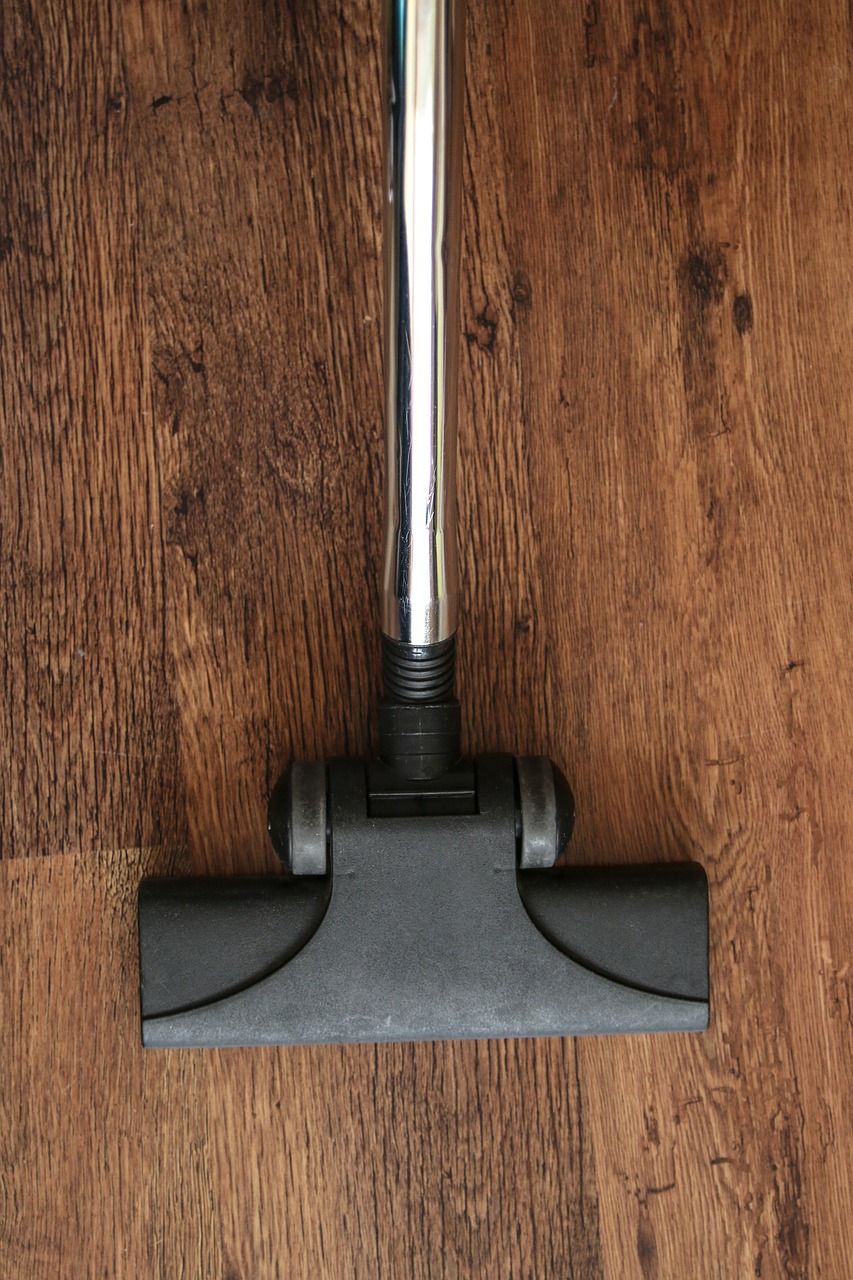




Cleaner Injured At Work
Start Your Compensation Claim Today
Cleaners play a crucial role in maintaining cleanliness across many sectors so if you are a cleaner injured at work, get in touch with us. From offices and industrial sites to schools and hospitals, cleaners may face daily hazards.
These can lead to a range of injuries or health conditions caused by scrubbing, mopping and vacuuming, as well as lifting heavy buckets and furniture. Employers have a legal duty to provide a safe working environment. However, a cleaner may be eligible to claim compensation if they have suffered an injury due to employer negligence or unsafe conditions.
If you or a loved one have been injured at work, contact Jefferies Claims about an accident at work claim for compensation.
Common Risks for Cleaners
As cleaners work in so many different environments, there is a host of risk factors which could result in an injury:
Slips, Trips, and Falls
One of the most common risks for cleaners is slipping or tripping while at work. These accidents can be caused by:
- Wet or recently mopped floors
- Spilled liquids or cleaning agents
- Cluttered workspaces
- Loose rugs or mats
- Uneven flooring
A slip, trip, or fall can lead to injuries such as sprains, fractures, head injuries, or even long-term mobility issues.
Musculoskeletal Injuries
Cleaners frequently engage in repetitive movements and manual handling tasks. This includes tasks such as lifting heavy buckets, pushing vacuum cleaners, and scrubbing surfaces. This can result in:
- Back injuries
- Shoulder strain
- Carpal tunnel syndrome
- Chronic pain in the joints and muscles
Poor ergonomic practices or a lack of proper training can worsen these injuries over time.
Exposure to Hazardous Substances
Cleaners often work with chemicals such as disinfectants, bleach, and industrial-strength cleaning products. Without proper safety measures, exposure to these substances can cause:
- Skin irritation or chemical burns
- Respiratory issues due to inhaling fumes
- Allergic reactions
- Eye injuries from splashes
Employers should provide proper protective equipment (PPE) such as gloves, masks, and goggles to minimise risks.
Electrical Hazards
Many cleaning tasks involve the use of electrical equipment, such as vacuum cleaners, floor polishers, and power washers. If these machines are faulty, improperly maintained, or used in wet conditions, it may result in:
- Electric shocks
- Burns
- Fires
Regular equipment checks and proper training in electrical safety can help reduce these dangers.
Falls from Height
Cleaners who work in high places, such as washing windows, cleaning stairwells, or dusting high surfaces, face the risk of falls from heights. This poses a risk of severe injuries, including:
- Broken bones
- Head trauma
- Spinal injuries
Employers should provide adequate fall protection measures, including training and appropriate equipment like harnesses and secure ladders.
When Can a Cleaner Claim Compensation?
A cleaner may be able to claim compensation if they suffer an injury due to employer negligence or unsafe working conditions. Examples of negligence may include :
- Lack of proper training on lifting techniques or chemical handling
- Failure to provide PPE
- Unsafe or poorly maintained equipment
- Not implementing safety signs for wet floors
- Failure to address known hazards
- Inadequate risk assessments
- Failure to provide proper equipment or training
Additionally, cleaners who develop long-term health conditions due to workplace exposure, such as chronic respiratory issues from inhaling chemicals, may be eligible to claim occupational illness compensation.
How to Make a Compensation Claim
To make a successful claim, you should follow these steps:
- Report the Injury – Let the employer know as soon as possible about your injury and ensure the incident is recorded in the workplace accident book.
- Seek Medical Attention – Get a medical assessment to receive the necessary treatment and document the injury.
- Gather Evidence – Collect photos of the accident scene, witness statements, and copies of any reports related to the incident.
Time Limits for Claims
There is generally a three-year time limit from the date of injury or illness diagnosis to make a compensation claim. Exceptions may apply, including if the injured person was under 18 at the time of the incident
Contact Us For Your Next Steps To Claim Compensation
It’s crucial to seek legal advice to have your potential claim assessed by expert lawyers. We work with lawyers who operate on a ‘No Win, No Fee’ basis and we can guide you through making a claim.
To discuss your potential claim in confidence, contact our friendly team at Jefferies Claims on 0333 358 3034. Alternatively, complete our online contact form to arrange a free, no-obligation consultation.
